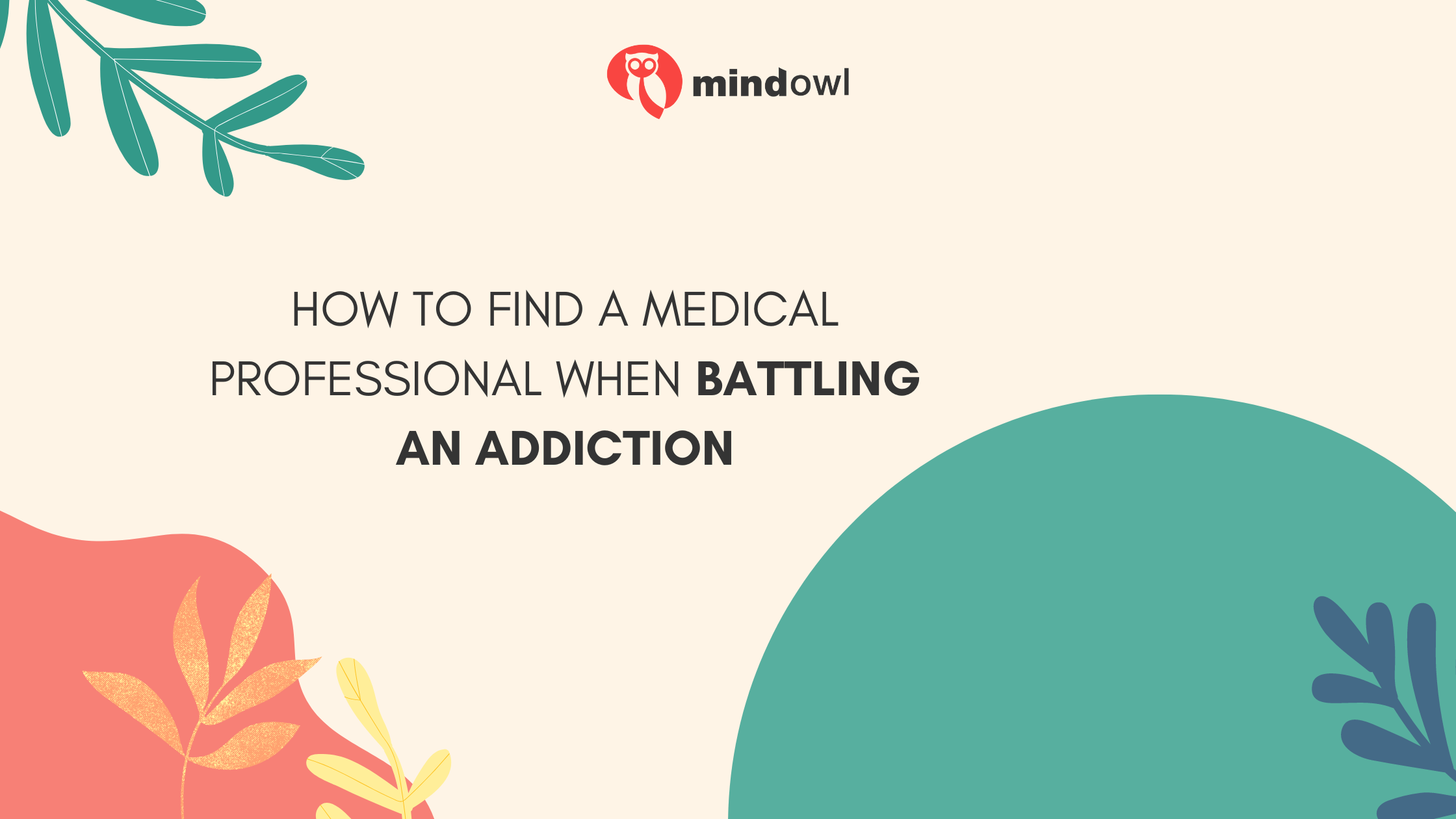Finding a medical professional when battling an addiction is a crucial step towards recovery. It’s important to have the right support system in place, and healthcare providers specializing in addiction can offer the necessary guidance and treatment. This guide aims to provide you with essential tips and resources to locate a qualified medical professional who can assist you on your journey to overcoming addiction. Whether you’re seeking therapy, medication, or holistic approaches, the following information will help you make informed decisions to best support your recovery process.

Understanding the Importance of Specialized Care
Medical professionals who specialize in addiction treatment have the knowledge and expertise to guide patients through the complex recovery process. Their training allows them to address not only the physical dependencies but also the underlying psychological issues that often accompany addiction. By seeking out specialized care, you can ensure that you are receiving comprehensive treatment that goes beyond just detoxification.
Specialized care providers are equipped with the latest research and techniques in addiction medicine. This means they can offer a wide range of therapies, including cognitive-behavioral therapy, medication-assisted treatment, and other evidence-based practices. These therapies can significantly increase your chances of a sustained recovery. Whether it’s Heal Treatment Centers or other reputable facilities, specialized care providers can tailor treatment plans to your specific needs, increasing the chances of long-term success. Consider reaching out to a healthcare provider who specializes in addiction treatment for the best possible outcome.
Where to Start Your Search
One of the first steps in finding a medical professional is to consult your primary care physician. They can provide referrals to addiction specialists and may already have a list of trusted professionals. Your primary care doctor is a valuable resource because they understand your medical history and can recommend a treatment plan tailored to your needs.
Another effective way to begin your search is by using online directories and resources. Websites such as the Substance Abuse and Mental Health Services Administration (SAMHSA) provide extensive directories of certified addiction treatment providers. These resources allow you to filter by location, treatment type, and other criteria, making your search more efficient.
Evaluating Credentials and Experience
When choosing a medical professional, it’s crucial to evaluate their credentials and experience. Look for providers who are board-certified in addiction medicine or have specialized training in this field. Board certification ensures that the provider has met rigorous standards and is committed to ongoing education in addiction treatment.
Consider the provider’s experience in treating addiction. Ask about their success rates and the types of treatments they offer. A provider with a proven track record and a comprehensive approach to treatment is more likely to help you achieve lasting recovery.
Considering Different Types of Treatment
It’s important to understand that addiction treatment is not one-size-fits-all. Different types of treatment may work better for different individuals. Some patients benefit from medication-assisted treatment, which uses FDA-approved medications to reduce cravings and withdrawal symptoms. Others may find success with therapy-based approaches, such as individual or group counseling.
Holistic treatments, which address the body, mind, and spirit, are another option to consider. These treatments can include practices such as yoga, meditation, and nutrition counseling. By exploring different options, you can customize your treatment plan to best suit your needs and preferences.
The Role of Support Systems
Support systems play a critical role in the recovery process. When choosing a medical professional, consider whether they offer or can connect you with support groups such as Alcoholics Anonymous or Narcotics Anonymous. These groups provide peer support and can be an invaluable resource for maintaining sobriety.
Involving family and friends in your recovery can provide additional layers of support. Many treatment providers offer family therapy sessions to help loved ones understand addiction and learn how to support your recovery journey effectively. It’s essential to choose a medical professional who recognizes the importance of support systems and can incorporate them into your treatment plan.
Building a Long-Term Plan
Recovery from addiction is a lifelong journey, and it’s important to build a long-term plan with your medical professional. This plan should include ongoing treatment, regular check-ins, and strategies for maintaining sobriety. By establishing a long-term relationship with a qualified provider, you can navigate the ups and downs of recovery with greater confidence.
Your long-term plan should also include relapse prevention strategies. Work with your provider to identify triggers and develop coping mechanisms to manage them. Having a clear plan in place can help you stay on track and reach your long-term recovery goals. Most importantly, remember that recovery is a process, and it’s okay to reach out for help when needed.

Finding a medical professional to support you in your battle against addiction is a crucial step toward lasting recovery. By seeking specialized care, evaluating credentials and experience, considering different types of treatment, and building a long-term plan, you can increase your chances of success. Remember to involve support systems and prioritize self-care on your journey towards overcoming addiction. With the right healthcare provider by your side, you can achieve lasting sobriety and live a healthier, happier life.
MindOwl Founder – My own struggles in life have led me to this path of understanding the human condition. I graduated with a bachelor’s degree in philosophy before completing a master’s degree in psychology at Regent’s University London. I then completed a postgraduate diploma in philosophical counselling before being trained in ACT (Acceptance and commitment therapy).
I’ve spent the last eight years studying the encounter of meditative practices with modern psychology.

